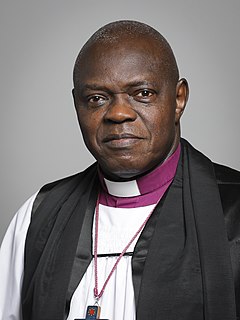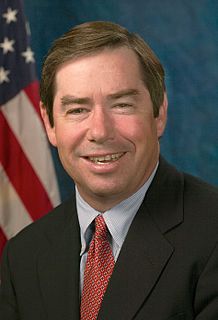A Quote by Alfred-Maurice de Zayas
Without peace and the rule of law, civil, cultural, economic, political and social rights cannot be enjoyed, when killing, maiming and mutual poisoning prevail.
Related Quotes
Good, healthy democratic societies are built on three pillars: there's peace and stability, economic development, and respect for rule of law and human rights. But often, we take stability - peace in terms of security and economic activity - to mean a country is doing well. We forget the third and important pillar of rule of law and respect for human rights, because no country can long remain prosperous without that third pillar.
No country has a perfect report card. While some countries have strong points in specific areas, they may have serious lacunae in other areas. For instance, some countries have made enormous progress on civil and political rights, but lag in the implementation of economic, social and cultural rights.
If the rights of civil partners are met differently in law to those of married couples, there is no discrimination in law, and if civil partnerships are seen as somehow 'second class' that is a social attitude which will change and cannot, in any case, be turned around by redefining the law of marriage.
There are those who argue that the concept of human rights is not applicable to all cultures. We in the National League for Democracy believe that human rights are of universal relevance. But even those who do not believe in human rights must certainly agree that the rule of law is most important. Without the rule of law there can be no peace.
Citizenship has not delivered Indigenous Australians the same quality of life other Australians expect. Basic human rights involve health, housing, education, employment, economic opportunity, and equality before the law, and respect for cultural identity and cultural diversity. These human rights must be capable of being enjoyed otherwise they are empty gestures.
The foundations of liberty are private property and the rule of law; this system guarantees the fewest possible forms of injustice, produces the greatest material and cultural progress, most effectively stems violence and provides the greatest respect for human rights. According to this concept of liberalism, freedom is a single, unified concept. Political and economic liberties are as inseparable as the two sides of a medal.


































